What’s the context? 8 May 1945: VE Day, the end of the war in Europe
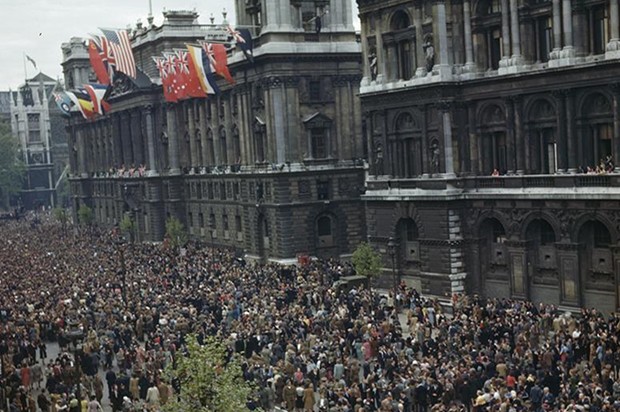
VE Day in 1945 was the cause of much celebration. But in a broader global context, many conflicts persisted and the future remained uncertain.

VE Day in 1945 was the cause of much celebration. But in a broader global context, many conflicts persisted and the future remained uncertain.
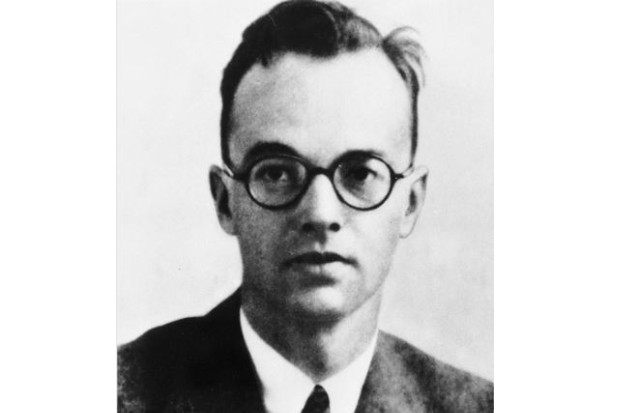
The conviction of atomic scientist Klaus Fuchs on 1 March 1950 for spying for the Soviet Union put a strain on Anglo-American nuclear co-operation, in the context of a broader divergence of views on foreign policy priorities.
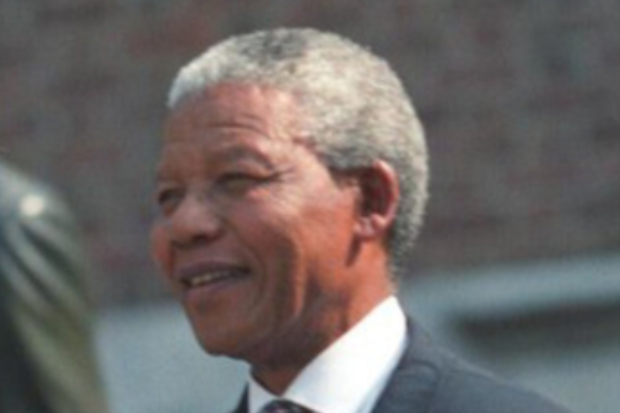
Nelson Mandela’s release on 11 February 1990, after 27 years in jail, symbolised the end of apartheid in South Africa. It was a tribute to one man’s endurance. It was also the result of decades of political, economic and social change that had brought apartheid to the brink of destruction.
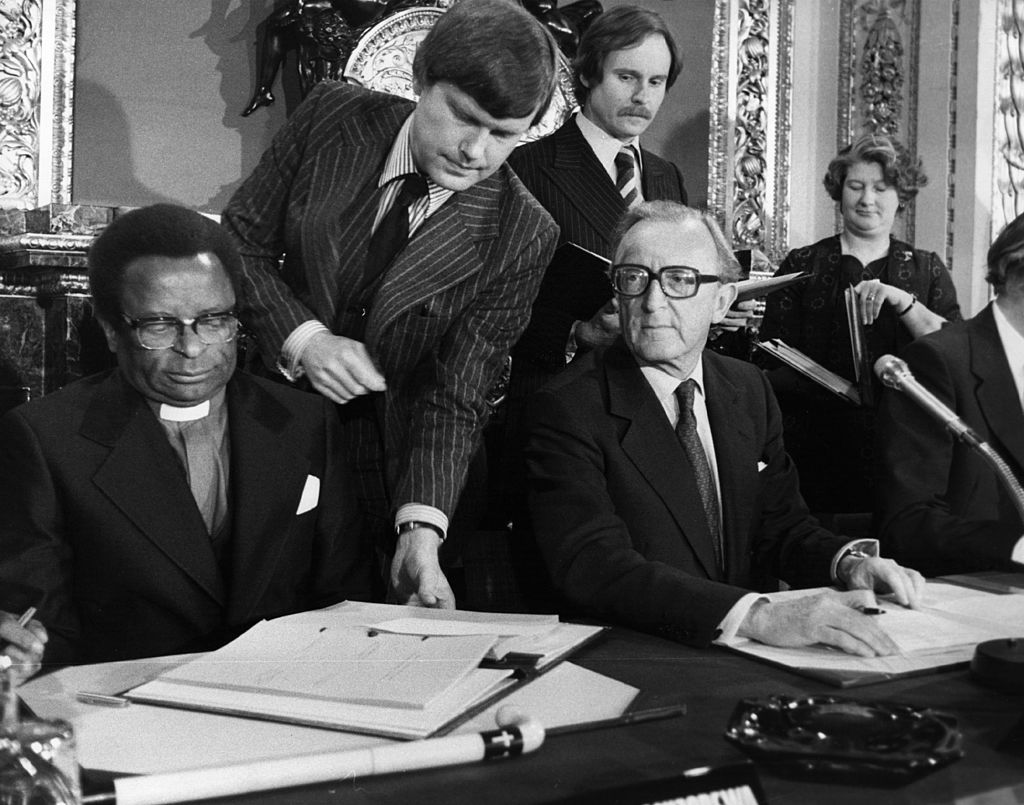
On 21 December 1979 an agreement ended the illegal white-dominated regime that ruled Rhodesia since 1965, and ushered in the newly independent state of Zimbabwe.
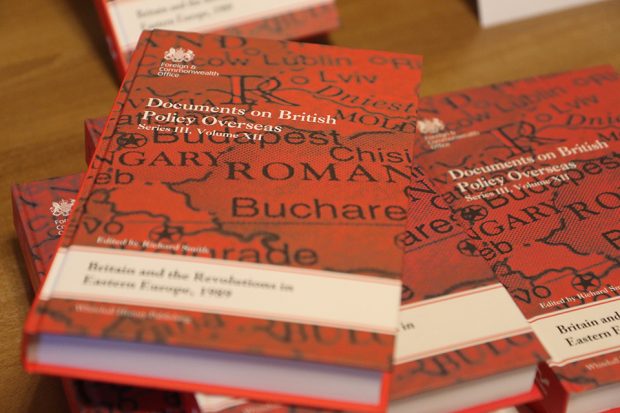
Thirty years on from the fall of the Iron Curtain, we look at how British diplomats responded to the revolutions unfolding around them.
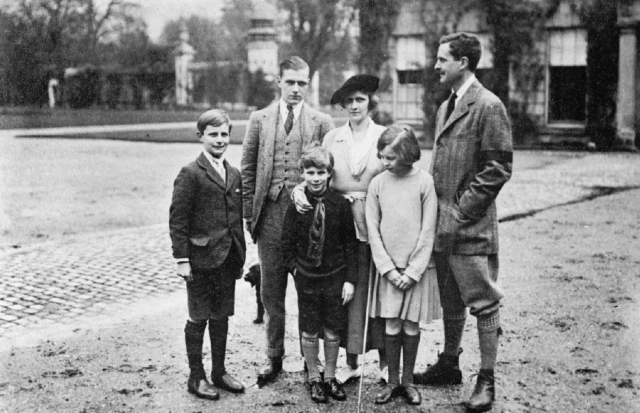
It was not by long-term design that the first woman took her seat in the House of Commons.
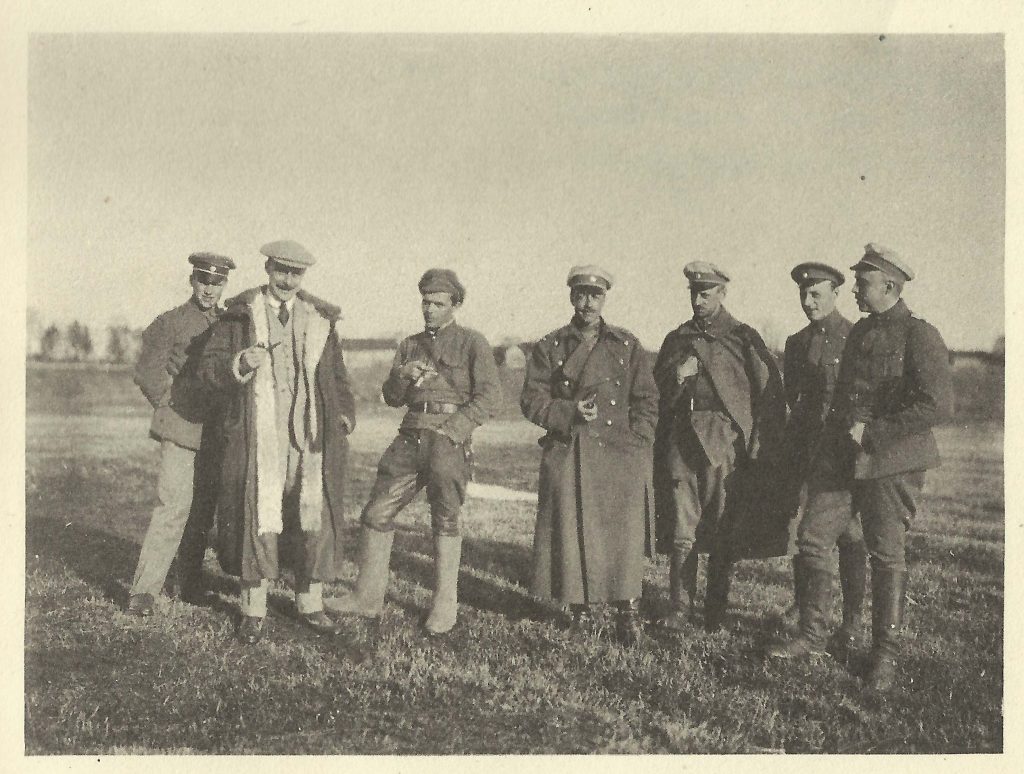
Harold Alexander may be associated with Italy in the Second World War, but his actions in Latvia in 1919 potentially prevented a civil war.
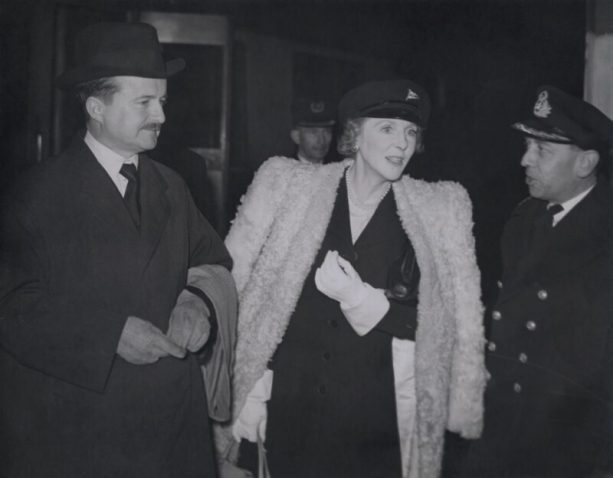
On 13 September 1944 a Dakota aircraft, with an escort of 45 Spitfires, flew across the English Channel towards Paris. The plane carried the new British Ambassador to France, Alfred ‘Duff’ Cooper, with the mission to re-establish a British presence in the newly liberated French capital.
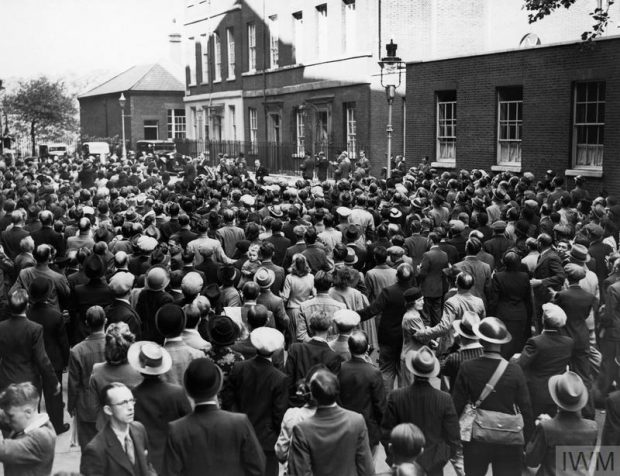
With a flurry of diplomatic activity in the first 3 days of September 1939, was the Second World War inevitable?
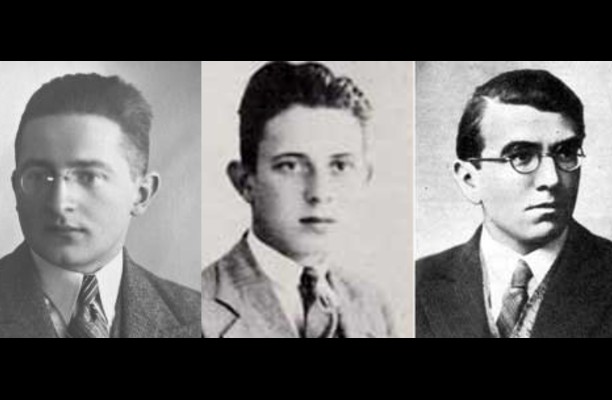
On 26 July 1939, in a forest near Warsaw, Polish code breakers told their British colleagues how they had cracked the German Enigma code. As war against Nazi Germany approached, the meeting symbolised the importance of political, as well as intelligence co-operation in the struggle ahead.